The most striking thing about Papa Hemingway in Cuba is not that it was the first American film to be shot in Cuba since 1959, but that, for a film intended to lionize a great writer, it is exceptionally poorly written. Based on an autobiographical script penned by the late Denne Bart Petitclerc, who also wrote the screen adaptation of Hemingway’s Islands in the Stream, Papa plays like the ramblings of a nostalgic fanboy who never outgrew his hero-worship of the author. By all accounts that’s exactly what this film amounts to, as Petitclerc’s introduction to Hemingway came about through a mawkish fan letter that must’ve stroked the Nobel Laureate’s ego in just the right direction during the years of his creative decline.
If Petitclerc fails to live up to his mentor’s accomplishments with this script, it should not come as any surprise. The majority of his screenwriting experience appears to have come in the form of a few Westerns written for TV in the ’60s, including a brief stint on Gunsmoke. This professional background could go a long way to explaining the stilted, unnatural dialogue and weak character development on display in Papa. However, paramount among the script’s myriad problems is its lack of dramatic tension. Those familiar with Hemingway’s death know that he committed suicide with a shotgun in Idaho, not a pistol in Havana, so the film’s constant threat of self-harm on the part of its focal point comes up short of inspiring anything other than boredom. And yet these scenes are the closest the film comes to having anything resembling a central narrative, as Giovanni Ribisi’s Petitclerc proxy (named Ed Myers for some reason) never accomplishes anything more than looking on in awestruck veneration as Hemingway descends into alcoholism and spouse abuse.
Weak performances by a usually capable cast do nothing to conceal the screenplay’s flaws and, more often than not, come across as something you’d expect from a TV movie. There was a time when I liked Ribisi, but his slack-jawed bewilderment in this role made it difficult to remember why. Joely Richardson is given essentially two gears in which to operate, passive-agressive shrew and raging bitch, and she overplays both significantly. Adrian Sparks inhabits the character from a physical standpoint, but lacks the conviction to imbue his lines with any gravitas.
Ultimately, Bob Yari’s direction fails both cast and subject, as his compositions often feel rushed and ill-considered. Only a handful of scenes capitalize on the picture’s exotic location, with the film spending most of its time in Hemingway’s historic home, now a museum maintained by the Cuban government. The entire enterprise feels like it was concocted by Yari as an excuse for a long vacation, with most scenes playing as though the director refused to shoot more than a few takes, so he could spend more of his time on the beach. Yari attempts to address shortcomings in narrative cohesion by the addition of both expository voiceover narration and extensive post-film captioning, contributing heavily to the air of laziness that pervades the film.
At one point, Sparks’ Hemingway mentions “The power of less.” If Hemingway as an author is distinguished by his concision, Papa is a film defined by its excess. It’s difficult to recommend this to anyone with more than a cursory interest in Hemingway and his work, and those lacking such interest are unlikely to have any incentive to see the film in the first place. This leaves the film in a sort of limbo, not good enough for its intended audience and of little appeal to anyone beyond. The filmmakers bluntly suggest that the last years of Hemingway’s life were spent in an existential crisis rooted in impotence and writer’s block, but while they pay lip-service to Hemingway’s internal conflict over the merits of his own existence, they don’t seem to have considered the possible lack of justification for their film’s existence. Perhaps some questions are better left unanswered, especially if you’re getting paid to hang out in Cuba. Rated R for language, sexuality, some violence and nudity.




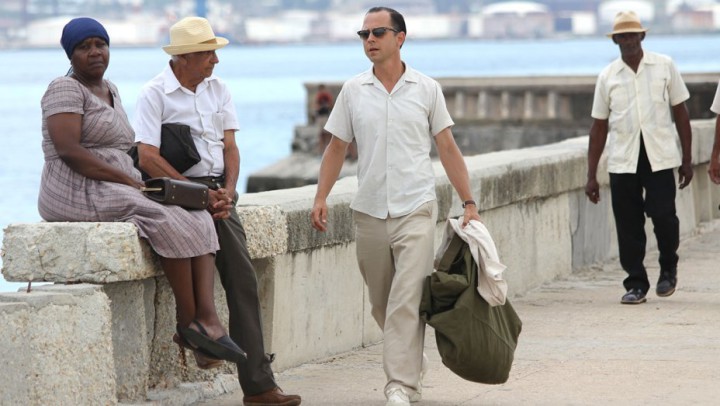
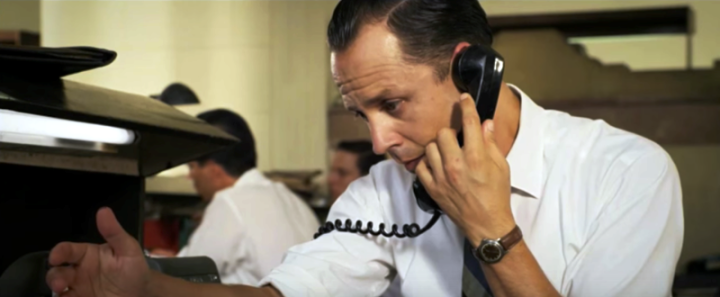
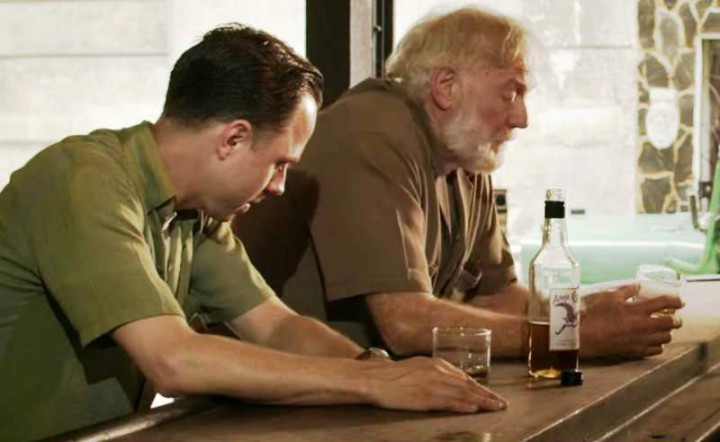
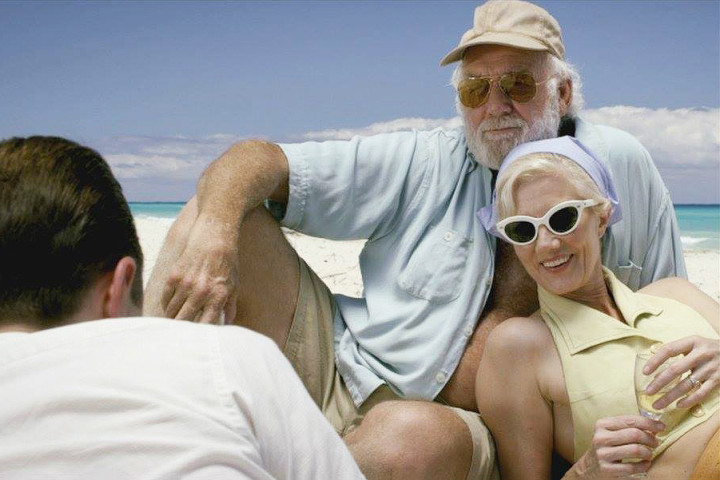
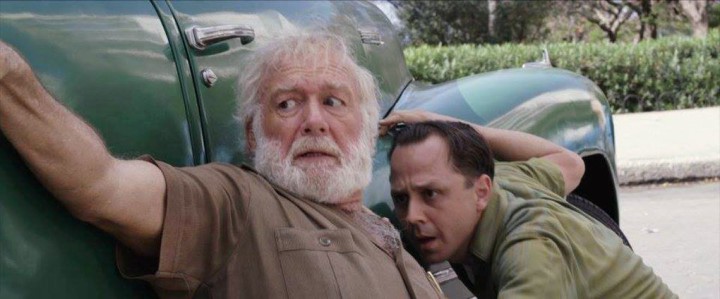
Before you comment
The comments section is here to provide a platform for civil dialogue on the issues we face together as a local community. Xpress is committed to offering this platform for all voices, but when the tone of the discussion gets nasty or strays off topic, we believe many people choose not to participate. Xpress editors are determined to moderate comments to ensure a constructive interchange is maintained. All comments judged not to be in keeping with the spirit of civil discourse will be removed and repeat violators will be banned. See here for our terms of service. Thank you for being part of this effort to promote respectful discussion.